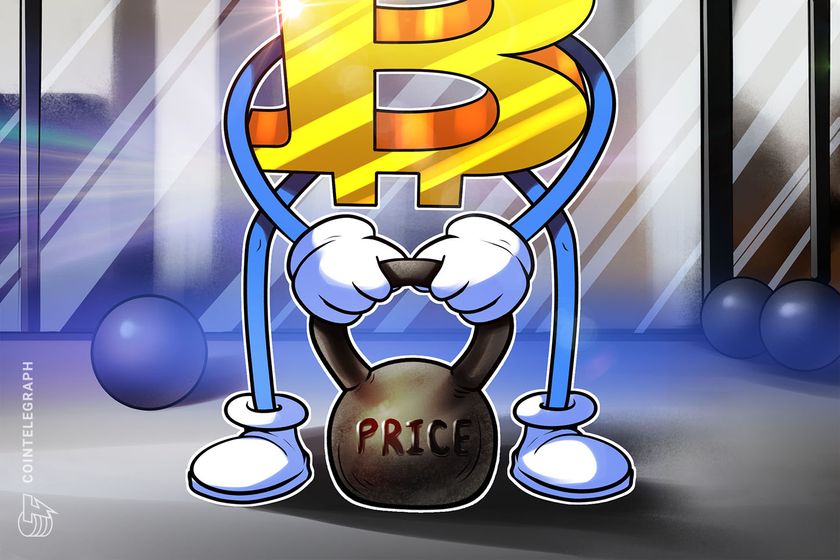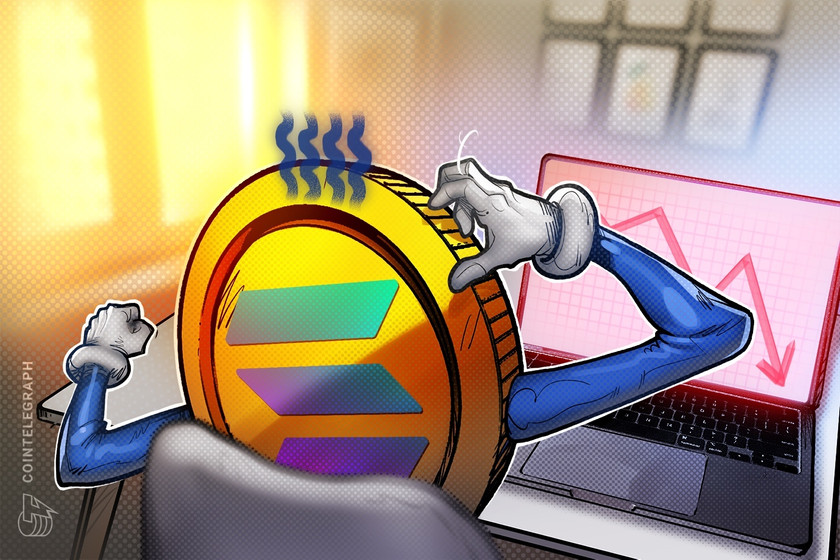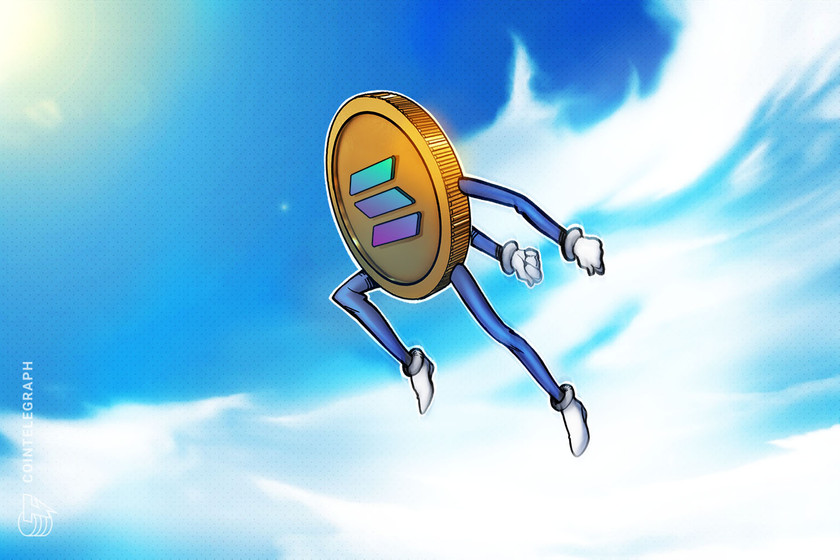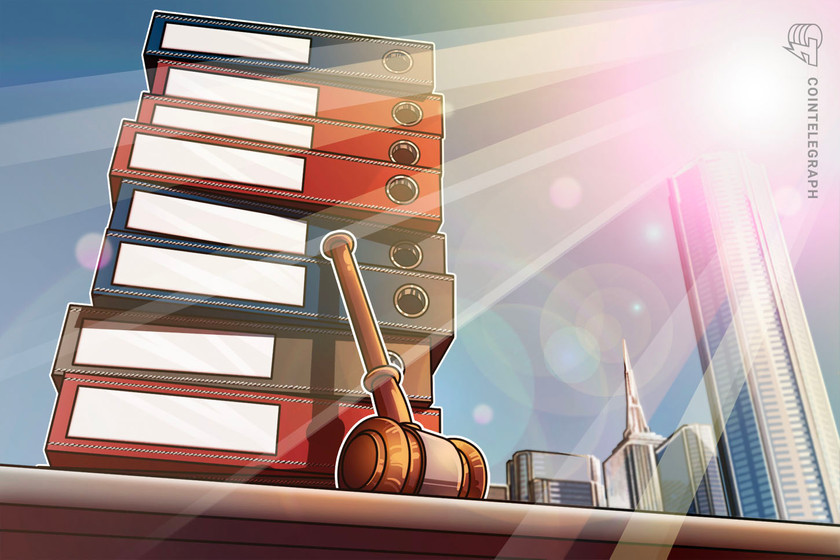Bitcoin may hit $50K on altcoin ‘FUD’ as Ethereum, Solana beat gains


Bitcoin takes a back seat on low timeframes as ETH and SOL claw back crypto market cap share from BTC.
Bitcoin (BTC) struggled to hold above $43,000 into Dec. 8 as an altcoin surge put Ether (ETH) in the spotlight.
Data from Cointelegraph Markets Pro and TradingView showed ongoing BTC price consolidation as ETH/USD added up to 7.6% in around 24 hours.
Bitcoin, having tapped new 19-month highs of $44,490 earlier in the week, now troubled market participants as both ETH and Solana (SOL) stole attention.























